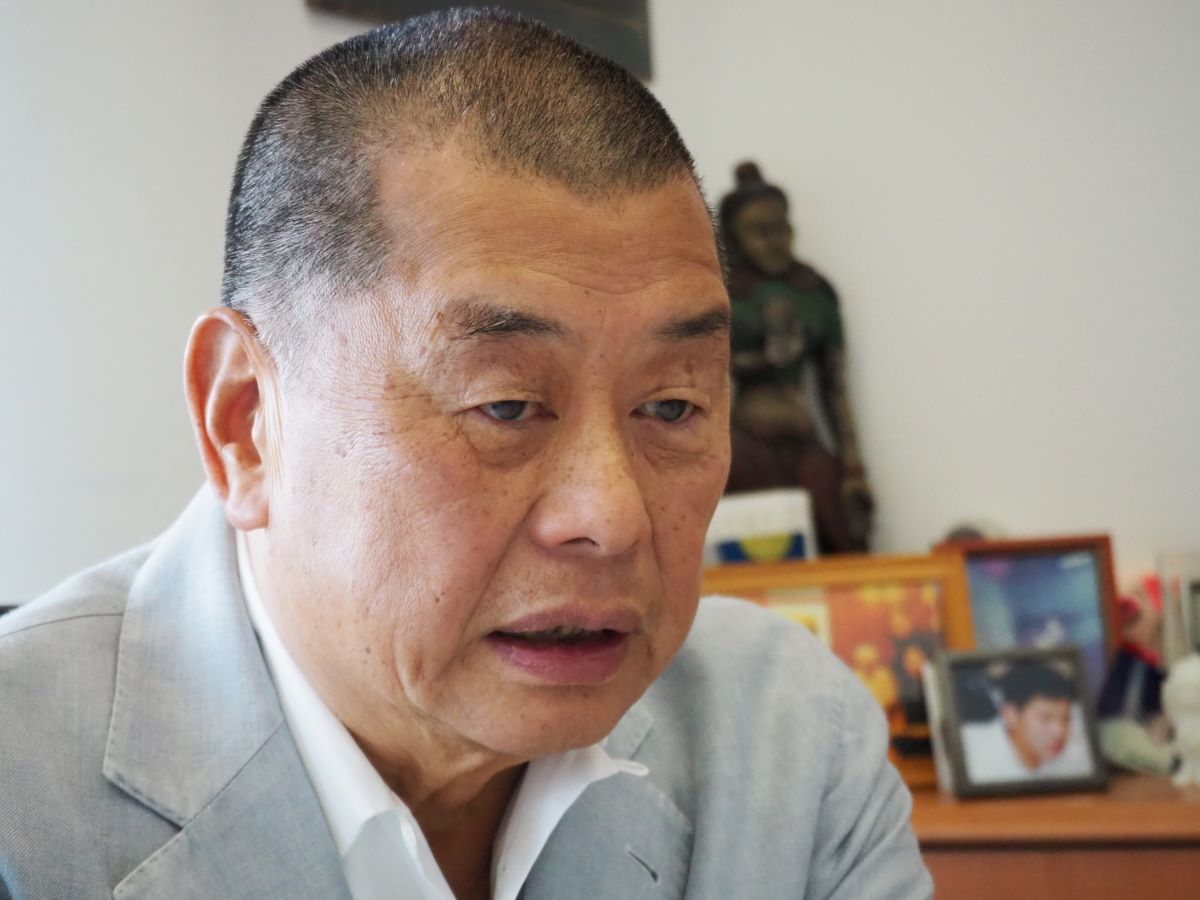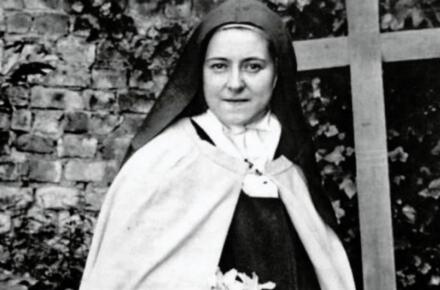The media magnate of the Apple Daily, a now closed pro-democracy newspaper, has been in prison since December 2020. Under the national security law, he is accused of colluding with foreign forces to damage Hong Kong and China, and of sedition - according to a British law of the 70s re-enforced by the present government -, having published material dangerous to public order. He risks life imprisonment. The trial, which began in December, will last for at least 80 days.
Hong Kong (BC.it) - For several days I have been following the trial against Jimmy Lai, the owner of the Apple Daily newspaper, now closed (since 24 June 2021) after several interventions by the national security police, the arrest of some executives, the freezing of the newspaper's bank account.
Jimmy Lai is accused, under the national security law, of colluding with foreign forces to damage Hong Kong and China, and of sedition - according to a 1970s British law reenacted by the current government -, having published material dangerous for public order.
Jimmy Lai, 76, has been in prison since December 2020. He has always been denied bail. He was also accused and sentenced to 5 years and 9 months for fraud, having rented a small part of the Next Digital building (a company linked to Apple Daily) to a law office that worked for him.
The prosecution calls Lai "the mastermind" behind all the pro-democracy demonstrations that gathered millions of people on the streets of Hong Kong in 2019-2020.
He would also be "the mastermind" who somehow generated the sanctions applied by the United States against figures in the territory's government and against China, which damaged the economy of both. For the sedition charge, Lai risks several years in prison; for collusion with foreign powers, he risks life imprisonment.
The prosecution first tried to show the "editorial policy" of Apple Daily determined by its owner through weekly meetings with the management staff. Citing emails, text messages and articles, the chief prosecutor showed the newspaper's closeness to the democracy movement and the demonstrations against the law that would have allowed the extradition of people accused of crimes in China. The 2019-2020 demonstrations started primarily to demand the elimination of this law; then they evolved into demands for justice against excessive use of force by the police and finally as calls for full democracy for Hong Kong. At times the demonstrations had bitter tails of violence and hooliganism. According to the movement, the extradition law would have marked the end of the rule of law in the territory and the end of the "one country, two systems" policy, which allowed Hong Kong to enjoy a liberal lifestyle that respected human rights, while being a “special region” of China.
But in the material presented by the chief prosecutor Anthony Chau there is no evidence of heinous crimes: there are addresses of foreign political figures, fears expressed for the end of the rule of law, hopes of interviewing Mike Pence (US vice president from 2017 to 2021), or Mike Pompeo (US Secretary of State from 2018 to 2021). The prosecution also cited Lai's choice to launch an English edition of the newspaper to spread Apple Daily's ideas in the US and find more and more readers there.
According to the prosecution, this choice would be somehow linked to US decisions to implement sanctions against China. But in my opinion, it is very difficult to see a cause-effect relationship. Ultimately, all the editorial choices listed can be explained as media choices: it is clear that an opinion paper like Apple Daily made choices to spread its positions as much as possible, especially in the situation of Hong Kong, threatened from a possible intervention by the Chinese government to freeze autonomy and the rule of law in the territory. And on the other hand, the "Hong Kong" theme could at most be an additional element to the already substantial dossier of criticism of China by Donald Trump's government, which had already implemented economic sanctions on the Asian giant for all its wrongdoings in exports, trade and investments. Furthermore, the editorial position of Apple Daily (and that of Jimmy Lai) has long been known as liberal and anti-Chinese Communist Party, seen as an organization causing violence on human rights and corruption among cadres.
The prosecutor exposition was very analytical. But the content of the list of messages and articles was quite vague in relation to the accusations: so, what value does it have?
To support his thesis, last week the prosecutor called Cheung Kim-hung to testify. Cheung is the former CEO of the newspaper, who was also arrested and charged with Lai, together with 6 other people from the management. But while Lai denied the accusation, Cheung pleaded guilty and agreed to testify against his former employer, with whom he worked for 20 years and more. Cheung has been in pre-trial detention in prison for two years and his sentence will be issued after Lai's. Some say that his testimony against Lai is part of a plea deal in order to receive a lighter sentence.
After Cheung, two other arrested members of the management, Chan Pui-man and the writer Yeung Ching-kee, will testify for the prosecution, after having pleaded guilty.
Cheung's is not a real testimony, with stories, facts, evidence. The chief prosecutor exposes and cites articles, messages and then asks questions to the witness who often responds only with a yes or no. An evident fact is that Jimmy Lai's editorial policy - as appears from the messages exchanged with Cheung - was driven first and foremost by "saving Hong Kong", supporting human rights, protecting Hong Kong and Apple Daily itself. But almost always, at the end of the analysis of an article or other, the chief prosecutor underlines the "anti-Hong Kong" and "anti-China" character. Above all, being "anti-China" is motivated - as appears in one message - by the fact that the Communist Party oppresses human rights; he was not transparent about the Covid epidemic; lacks integrity (due to corruption?). For the prosecutor's office, this is a clear anti-China sentiment that would have given justification to the US to launch its sanctions. But once again - I believe - a cause-effect relationship is missing, not to mention the autonomy of the US government and its parliament in making their decisions.
In a message Jimmy Lai says that the English edition of Apple Daily will allow new readers in the US world. These will be "a lever" between the newspaper and the US government to "protect" the newspaper. When asked by one of the judges to explain what this means, or if Lai had explained the meaning of this "lever", Cheung replied that he did not know and had never asked the meaning. But the chief prosecutor concluded by saying that the pressure on American public opinion tended to introduce anti-China sanctions.
An element that appears to be an own goal by the prosecution is the mention of the attempt to get American politicians (including Mike Pence and Michael Pompeo) to subscribe to Apple Daily. This could perhaps have given the idea of a link formed between the newspaper and the US political figures among those responsible for the sanctions. But according to Cheung, that attempt was unsuccessful.
Having witnessed the trial all these days, it seems clear to me that there are two different ways of looking at things. On the one hand Jimmy Lai who pursues his editorial line, launches the English edition, spreads his message, supports the democratic movement to "save Hong Kong", the rule of law, human rights, the survival of Apple Daily. On the other hand, there is the prosecutor's office which, despite no clear evidence, concludes each session by highlighting the anti-China sentiment and the sanctions as a product of this editorial commitment.
Without reiterating the problem of the lack of true connection between cause and effect here, one question remains: can an opinion paper operate differently from the way in which Jimmy Lai operated? To spread one's vision as much as possible, is not part of the right to freedom of the press and opinion? And then doesn't the trial of Jimmy Lai risk being a trial against all Hongkongers who criticize the Chinese Communist Party? This trial doesn’t risk to condemn freedom of the press and opinion freedom?
According to
Reporters Without Borders, after the passing of the security law, press freedom in Hong Kong fell to the bottom of the world rankings. John Lee, chief executive and a great friend of Beijing, states that there is no need to defend freedom of the press in Hong Kong because it already exists (
China Daily, 23 September 2023).

